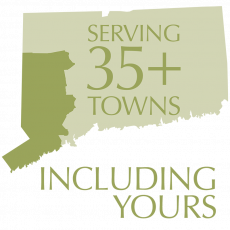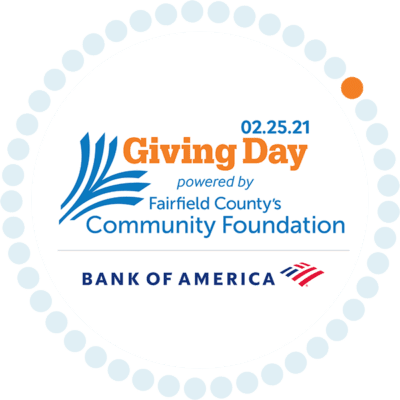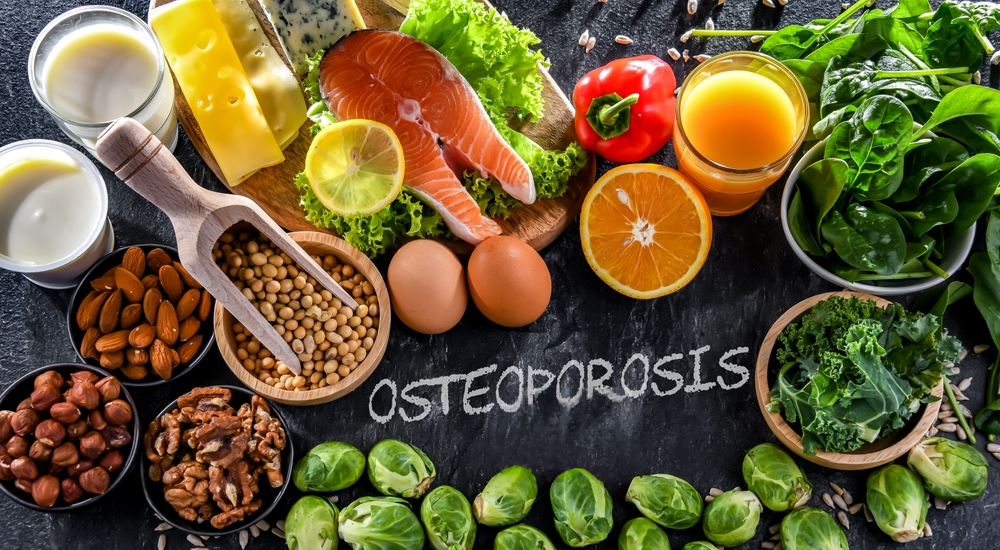“Volunteering isn’t just good for the soul; it’s medicine for the heart, mind, and body.” – Unknown
With the arrival of spring comes the appreciation of new growth. While you take a moment to observe the external change around you, maybe you will be inspired to consider new personal growths and goals. At RVNAhealth, we hope that you are reminded to invest in yourself! Schedule and check off all those annual wellness appointments, take time for exercise, eat well, and do things to nourish your social and emotional well-being.
On the topic of social and emotional well-being, April happens to be National Volunteer Month in the United States. During this time, organizations, communities, and individuals often come together to celebrate the impact of volunteers and encourage others to get involved in service activities. RVNAhealth, too, looks forward to celebrating its own special community of volunteers!
More Than Just a Feel Good Factor
Volunteering has been shown to provide a multitude of social and emotional benefits. It can boost happiness, gratitude, and a sense of purpose. And if you needed another reason to raise your hand and get started, volunteering has also been connected to longevity! Researchers studying the “Blue Zones” (geographic regions around the world boasting populations living statistically longer lives) have found that volunteerism is often integrated into daily life. It is a natural part of how people interact with each other and contribute to the well-being of their community. Overall, the principles of volunteerism in Blue Zones revolve around fostering social connections, promoting community well-being, and embracing a sense of purpose and collective responsibility. These values contribute to the overall health, happiness, and longevity observed in these regions.
Volunteering at RVNAhealth


RVNAhealth welcomes all inquiries for volunteer opportunities. The RVNAhealth volunteer program offers safe and diverse opportunities for donating time in a way that is purposeful and meaningful for everyday heroes of all ages. Share the gift of your time across our robust organization in an administrative role, or join our Hospice volunteer corps, dedicated to supporting patients and families at end of life. A little known fact specific to our Hospice volunteers program — RVNAhealth, and all Medicare-certified hospice programs, are required by law to have 5% of service hours performed by volunteers. Why? Because hospice care in the U.S. was founded by volunteers, and the commitment to the power, beauty, and altruism of volunteering remains!
If you are interested in learning more about volunteering at RVNAhealth, please visit us here and fill out our Volunteer Inquiry Form.
RVNAhealth is a private, 501c(3) non-profit organization which provides a continuum of care to people in 35+ towns across Fairfield, Litchfield, and New Haven Counties. RVNAhealth depends on financial support from individuals like you who believe that healthy communities improve the quality of life for everyone. Every gift — no matter the size — is critical to upholding our mission and sustaining our important work. If you would like to support RVNAhealth’s mission to deliver unmatched, compassionate healthcare when and where it is needed, please click here.




